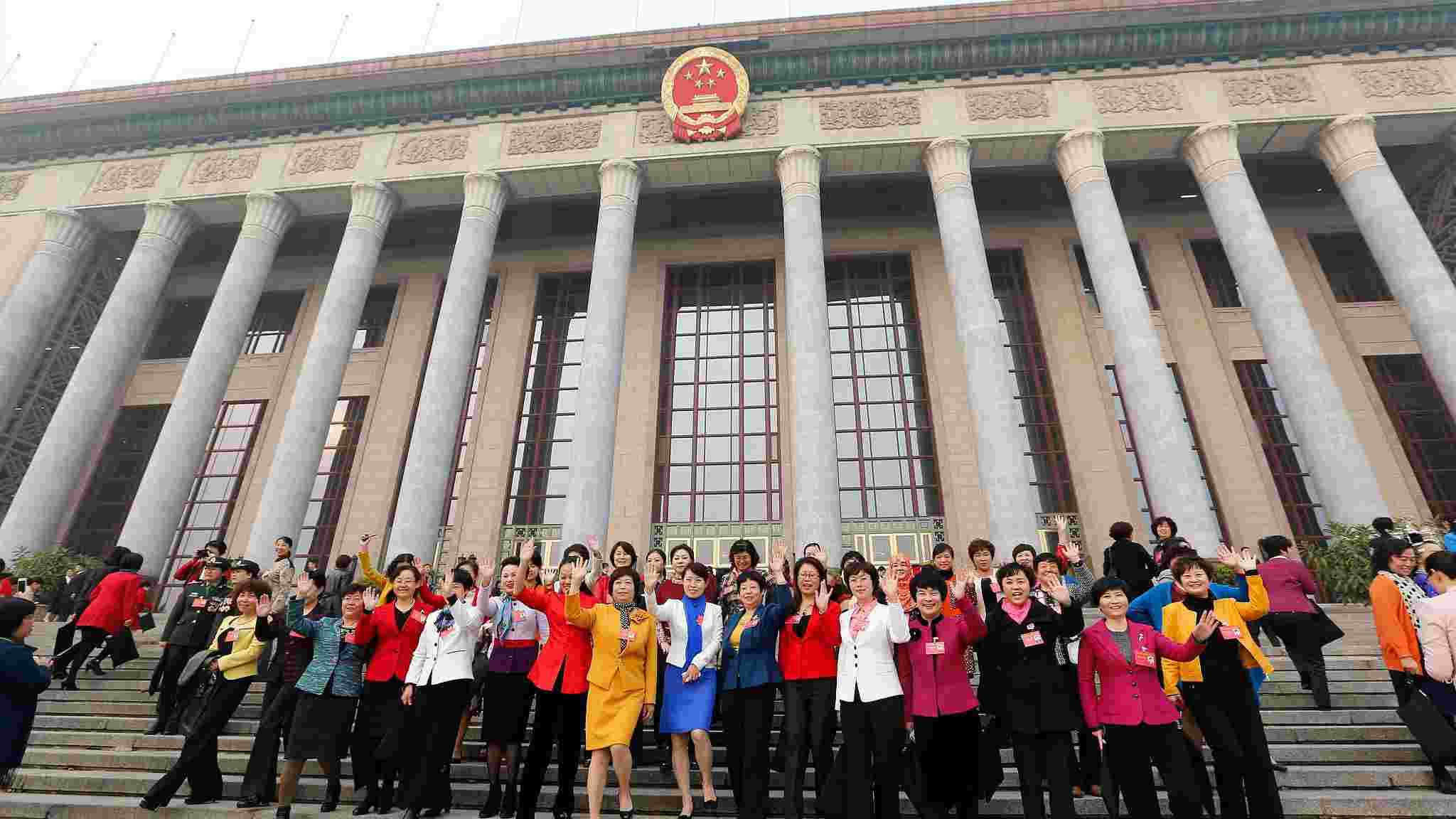
Business
08:01, 02-Nov-2018
Chinese women fight discrimination in largely male workplaces
Updated
07:05, 05-Nov-2018
CGTN's Feng Yilei
02:55

The 12th Chinese national women's congress consists of delegates from over 20 sectors. They have joined discussions on building a moderately prosperous society in all respects. While empowerment of women has led to rising female workforce numbers, experts say more needs to be done.
Didi driver Gao Aimin found herself as part of a minority in a largely male profession. According to the car-sharing company's statistics released in 2017, only 10 percent of their registered divers are female, following a long-held discriminatory view on the driving abilities of women.
The 43-year-old said the job itself is tiring, so female drivers need to be strong. But the flexible working hours allow her to bring home the bacon while looking after child at school and her sick family.
After Gao got behind the wheels for a living, curiosity, pity, and a lot of sexism followed her. She said once she picked up four young men headed to the city center at night, and on the halfway they suddenly asked her to turn around and head for the mountains. When she told them it was against the company rules, they started berating her.
Despite her misfortunes, Gao works extremely hard and is rated as a five-star driver on the app. In traditionally male-orientated jobs, more and more pioneers like Gao are fighting stereotypes about women in the workplace. They face glass ceilings but strive to break through them.
In the Internet industry, where women are mostly relegated to clerical work, Yang Xinyue set up her own intelligent community business. Although the gender ratio of IT entrepreneurs is now reportedly close to 50-50, this young lady in her twenties, with a non-technical marketing background, is still an anomaly to some industry insiders.
Yang said some clients even asked her male technical director to speak for her at the business meeting. She proved herself with a clear explanation of projects and technologies plus her business negotiation skills. As a delegate to the women's congress, Yang believes increasingly promoting women's rights and workplace gains will gradually change this old view.
Likewise, delegate Wang Xiaoyun, the head of China Mobile's Research Institute, also sees women holding a greater role in the telecommunication industry. But she also said it requires joint efforts and hopes the government and society can build a good platform that will allow more women to stand out. As a female official, Wang has been trying to create development conditions for female technical staff. “I encourage them to balance work and family, sparing time for a second child. It's crucial for their career,” she added.
As economic growth, education equity and legal binding create more opportunities for women, they hope to share an equal footing with men in terms of access, pay and more within the workplace.
But, for hundreds of millions like Gao Aimin, better methods to free their occupation from worries or discrimination have yet to arrive.

SITEMAP
Copyright © 2018 CGTN. Beijing ICP prepared NO.16065310-3
Copyright © 2018 CGTN. Beijing ICP prepared NO.16065310-3